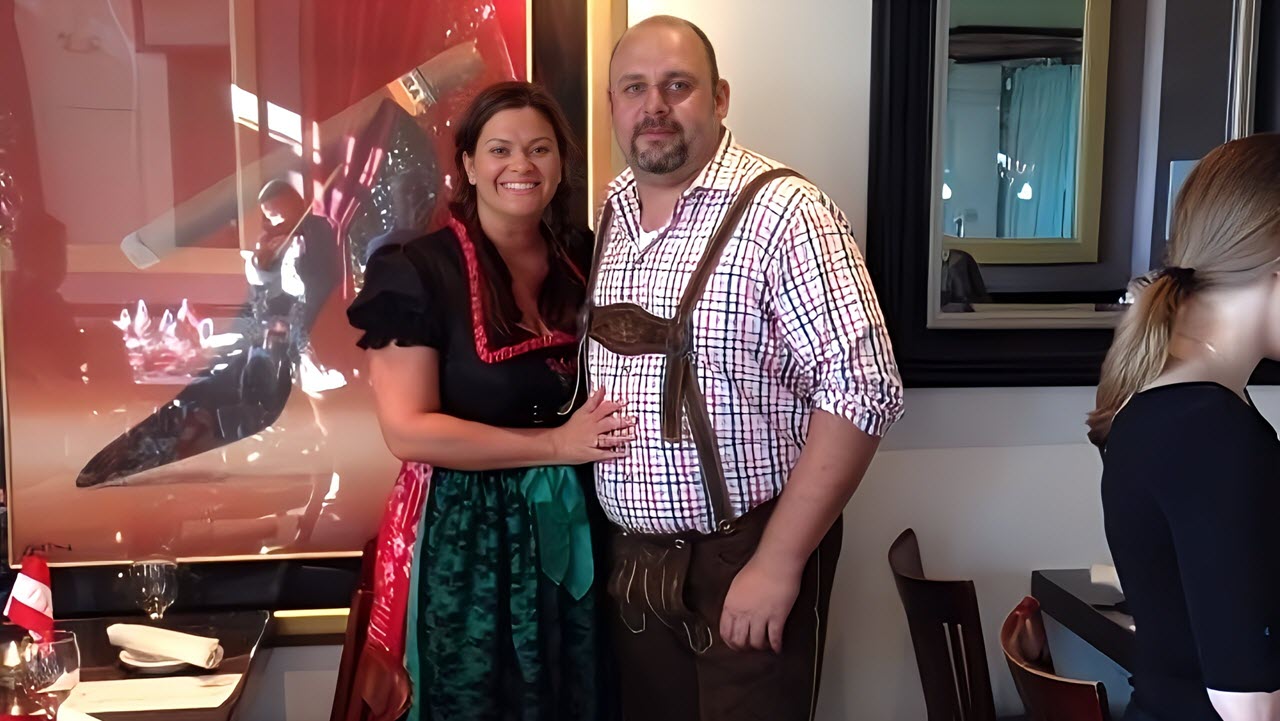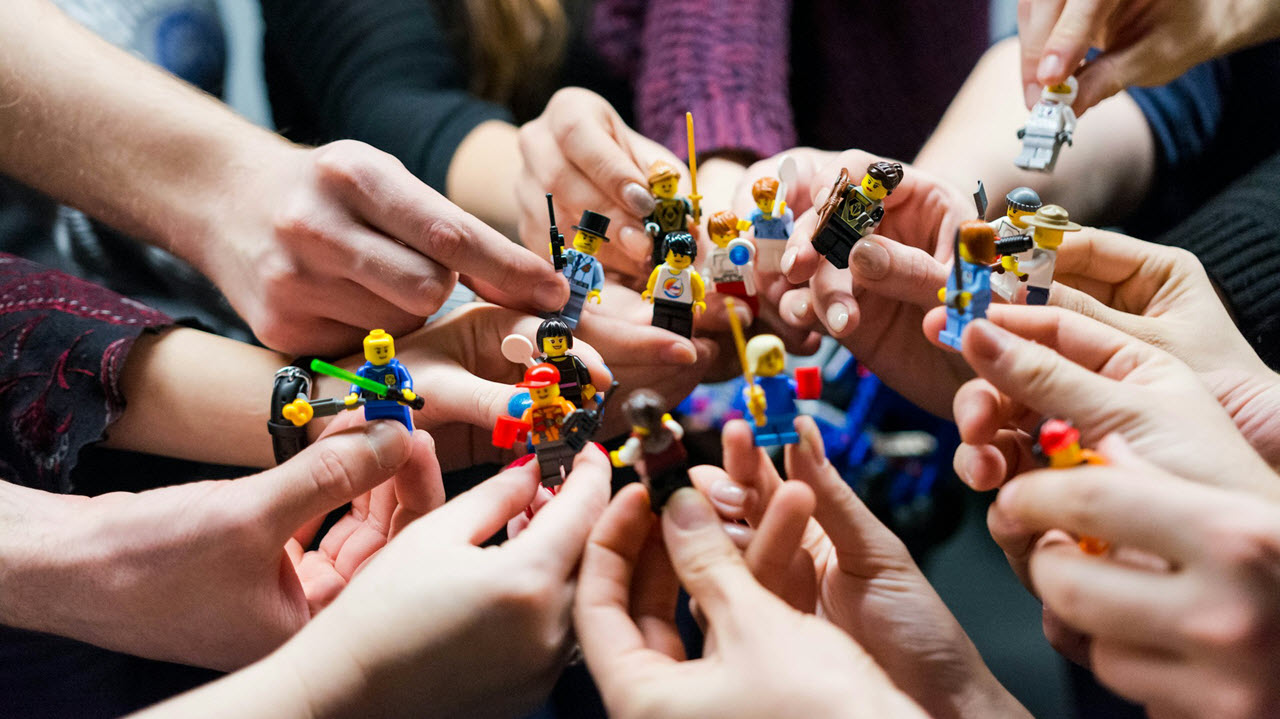Allowing Time for Real Human Connection
Once – many years ago – I was facilitating a group discussion and a participant started to cry.
The background to this session was that the organization that the group worked for had been through a change management process about a year previously; the staff members had found themselves working with different teams as a result. I was not a part of the change management process at all; I had been asked to conduct a session using one of my storytelling / hearing techniques to open up conversation about workplace culture. In this particular session I was using excerpts from a famous spy novel to tap into the participants’ imaginations and emotional intelligence and to elicit discussion from an angle that felt fresh and original. I think the person who had invited me to do this had the vague notion that my leveraging of narrative would provide a fun session. And, yes, often something enjoyable does emerge when I use these techniques due to the creative energy that comes with riffing off a good yarn. But sometimes other dynamics hold sway; other things need space to surface.
In this particular session, one of the themes that we identified in the narrative we were working with was that of time. Relating strongly to the story and this theme, this woman somehow made a powerful connection to her experience since the change management process had taken place. And this participant started talking about how much she wanted – longed for – time away from other work to just focus on building relationships among her new colleagues. And such was the power of her yearning that tears rolled down her face; the other people in the group sat and listened intently and gravely nodded in agreement.
Notably – importantly – no one in this group had any complaints about the changes that their organization had undergone or the change management process that had wrought them. They were fine with where they had fetched up within the newly structured organization and philosophical about the necessity for change and their own individual need to adapt. This woman did not sob out of anger, or frustration, or resentment. Rather, she had a quick, quiet cry due to the grief of losing treasured professional relationships and the loneliness of not having had time to form new ones.
Most of us have a vocabulary to talk about professional relationships and the workplace culture they happen within, but should we also make time and find ways to talk about professional loneliness or even professional grief? Or to explore how to build new professional relationships or refresh old ones?
It’s interesting to me that this participant’s expression of loneliness – of disconnectedness from her colleagues in her newly minted department – arose during a discussion inspired by a spy novel. John Le Carre – one of the great authors of the genre – once remarked that “most of us live in a slightly conspiratorial relationship with our employer.” [1] This perhaps captures a dissonance in our relationship to an employer with whom we spend so many days of our lives. We are entrusted with this employer’s vision, goals, processes, and reputation. Our work contributes to the achievement of those goals and adds to our employer’s wealth; our conduct plays a part in informing the culture of our workplace.
At the same time, in the name of professional conduct, we withhold so much of our authentic personal selves, fronting up to work each day with our professional persona shielding our intimate lives. Of course, we shouldn’t stroll into the office and constantly act out our intimate emotions and project our frustrations; those that do degrade workplace culture while perhaps earning themselves the title of ‘bully’ or the label of ‘unprofessional’. So much of the messier sides of our human natures are either hidden from view or expressed in carefully and deliberately calibrated ways; this is for the sake of ourselves and our colleagues.
What happens, though, when too much is hidden or censored? Is this when we feel alienated from our team? Or that we inhabit the role of an impostor? And what is necessary for us to test the limits or forms of our expression of our authentic selves with new teams? To fine tune the calibration of that expression?
One necessary element – the one I am writing about here – is that of allowing time.
Acknowledging the layers of connection and trust that are painstakingly built up over time within successful teams is important, and, by doing so, allows us to understand what underpins the best professional relationships. And understanding the importance of allowing time and space away from the pressure of other work to build relationships is imperative; I say ‘other’ because surely investing in resilient dynamics between colleagues should be part of any job?
It’s wonderful to facilitate workshops or discussions where people have fun and enjoy themselves. But it’s equally rewarding to provide space for other emotions and other stories to emerge. Our society is too quick to tidy away what it considers to be untidy emotions, but I love to carve out a place for them. This woman felt able to cry and her new colleagues felt able to sit quietly and acceptingly with her while she did it. Why? Because, for once, this woman felt that our discussion gave her the gift of time. And her willingness to be vulnerable in that session, and to articulate what her needs were, gave me the gift of understanding the importance of making time to build relationships.
[1] Quote from “Master of the Secret World: John le Carré on Deception, Storytelling and American Hubris” by Andrew Ross, in Salon (21 October 1996)







